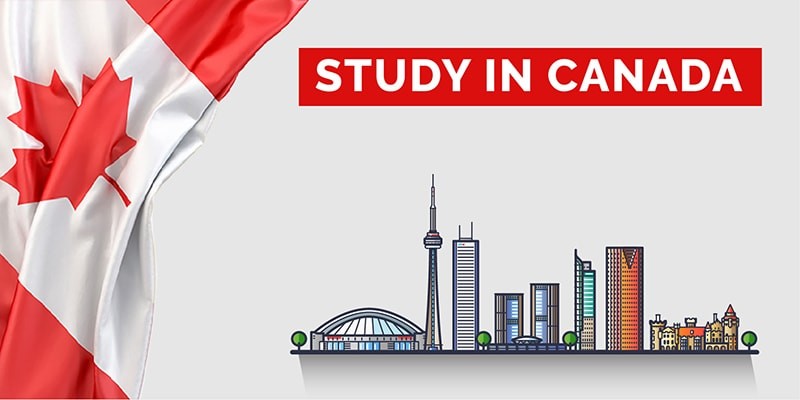Canada is renowned for its excellent higher education system, attracting students from all corners of the globe. However, the journey to securing admission into Canadian universities can be intricate, with various requirements and processes to navigate. Whether you’re aiming for undergraduate (UG) or postgraduate (PG) studies, understanding the application requirements is paramount. This comprehensive guide delves into the intricacies of UG and PG admission requirements for Canadian universities, offering invaluable insights to aspiring students.
- Understanding Canadian Higher Education System:
- Overview of Canadian universities and colleges.
- Distinction between undergraduate and postgraduate programs.
- Importance of choosing the right institution and program.
- Undergraduate Admission Requirements: a. Academic Requirements:
- High school diploma or equivalent.
- Minimum GPA requirements.
- Required subjects for specific programs. b. Language Proficiency:
- English Language Proficiency Tests (e.g., IELTS, TOEFL).
- French Language Proficiency Tests (for Francophone institutions). c. Standardized Tests:
- SAT or ACT scores (for some programs and institutions). d. Personal Statement/Statement of Purpose:
- Importance and guidelines for crafting a compelling statement. e. Letters of Recommendation:
- Their significance and how to obtain strong recommendations. f. Extracurricular Activities:
- Demonstrating leadership, community involvement, and talents. g. Application Process:
- Common Application (if applicable).
- Direct application to individual institutions. h. Deadlines:
- Understanding early decision, regular decision, and rolling admissions.
- Postgraduate Admission Requirements: a. Academic Qualifications:
- Bachelor’s degree or equivalent from a recognized institution.
- Minimum GPA requirements. b. Standardized Tests:
- GRE (General and/or Subject Tests) or GMAT (for business programs). c. Language Proficiency:
- Similar to undergraduate requirements (IELTS, TOEFL, etc.). d. Letters of Recommendation:
- Emphasizing academic and professional references. e. Statement of Purpose/Personal Statement:
- Tailoring to program-specific requirements and research interests. f. Research Experience:
- Publication, thesis, or relevant research experience (for research-based programs). g. Professional Experience (if applicable):
- Relevant work experience for certain professional programs. h. Portfolio (for Creative Programs):
- Submission of artistic or design portfolio (for programs like Fine Arts, Design, etc.). i. Application Process:
- Online application portals or paper-based applications.
- Program-specific requirements and additional documents. j. Deadlines:
- Varied deadlines for different programs and institutions.
- Special Considerations and Additional Requirements: a. Transfer Students:
- Requirements for students transferring from other institutions. b. International Students:
- Visa requirements, study permits, and health insurance. c. Mature Students:
- Admission pathways for non-traditional students. d. Indigenous Applicants:
- Support services and specialized programs for Indigenous students. e. Students with Disabilities:
- Accessibility services and accommodations available. f. Financial Aid and Scholarships:
- Overview of available funding options for UG and PG students.
- Tips for a Successful Application:
- Start the application process early.
- Research thoroughly about programs and institutions.
- Tailor application materials to specific requirements.
- Seek guidance from mentors, advisors, or admission counselors.
- Proofread application materials meticulously.
- Be proactive in addressing any queries or concerns during the application process.
- Prepare for interviews (if required).
- Conclusion: Navigating the admission process for Canadian universities, whether for undergraduate or postgraduate studies, demands careful planning, diligence, and preparation. By understanding the diverse requirements outlined in this guide and adhering to best practices, aspiring students can enhance their chances of securing admission to their desired programs and institutions in Canada, thereby embarking on a transformative educational journey in one of the world’s most reputable higher education systems.
